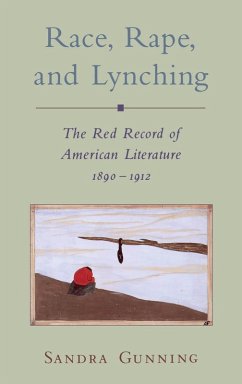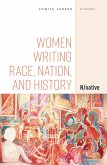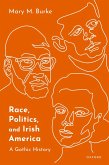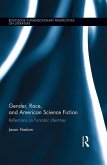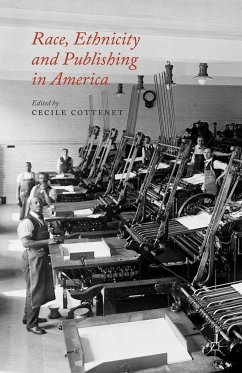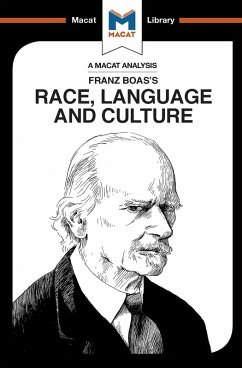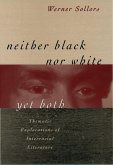In the late nineteenth century, the stereotype of the black male as sexual beast functioned for white supremacists as an externalized symbol of social chaos against which all whites would unite for the purpose of national renewal. The emergence of this stereotype in American culture and literature during and after Reconstruction was related to the growth of white-on-black violence, as white lynch mobs acted in "defense" of white womanhood, the white family, and white nationalism. In
Writing a Red Record Sandra Gunning investigates American literary encounters with the conditions, processes, and consequences of such violence through the representation of not just the black rapist stereotype, but of other crucial stereotypes in mediating moments of white social crisis: "lascivious" black womanhood; avenging white masculinity; and passive white femininity. Gunning argues that these figures together signify the tangle of race and gender representation emerging from turn-of-the-century American literature. The book brings together Charles W. Chestnutt, Kate Chopin, Thomas Dixon, David Bryant Fulton, Pauline Hopkins, Mark Twain, and Ida B. Wells: famous, infamous, or long-neglected figures who produced novels, essays, stories, and pamphlets in the volatile period of the 1890s through the early 1900s, and who contributed to the continual renegotiation and redefinition of the terms and boundaries of a national dialogue on racial violence.
Dieser Download kann aus rechtlichen Gründen nur mit Rechnungsadresse in A, B, BG, CY, CZ, D, DK, EW, E, FIN, F, GR, HR, H, IRL, I, LT, L, LR, M, NL, PL, P, R, S, SLO, SK ausgeliefert werden.

